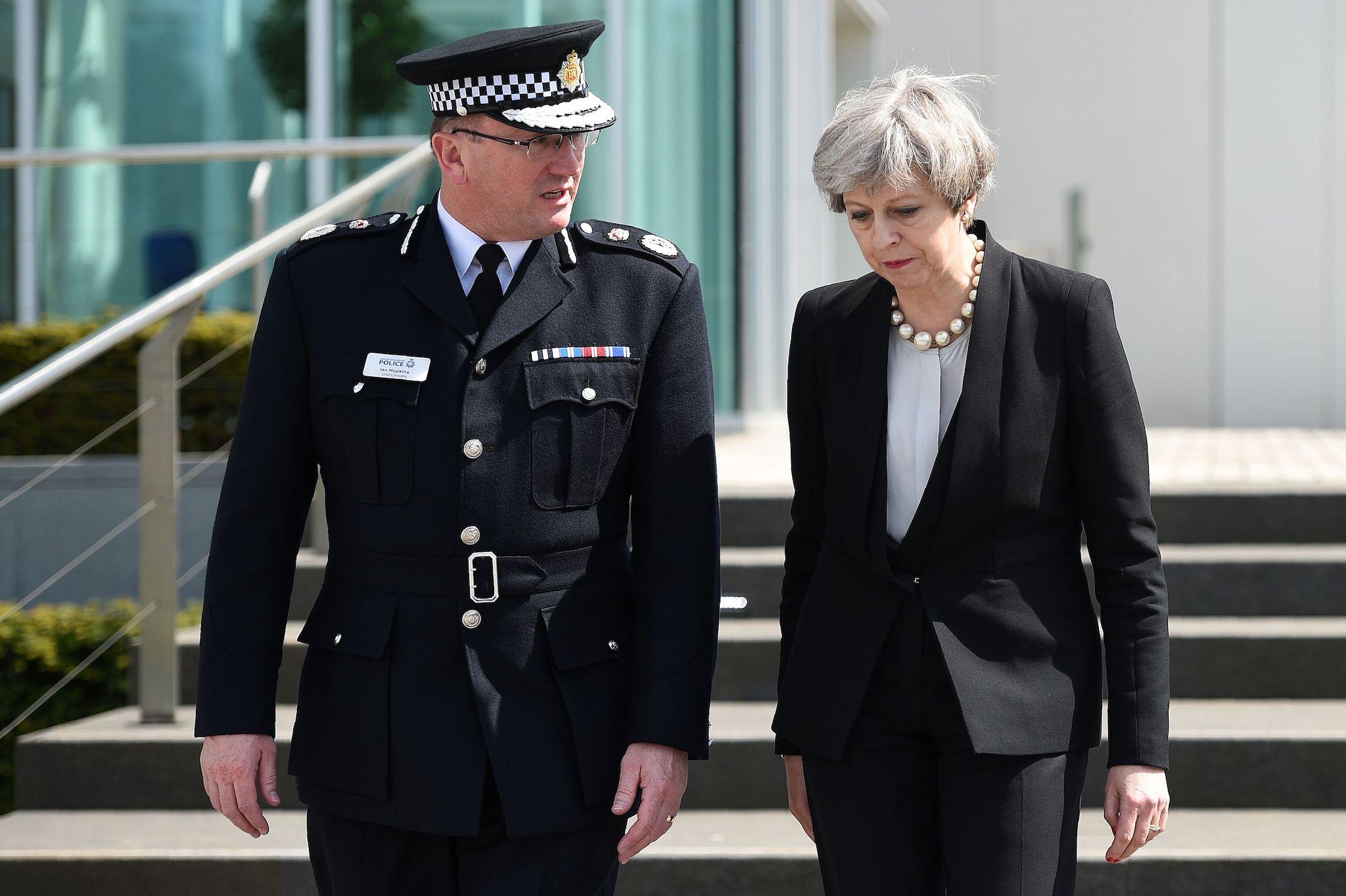Manchester attack could lead Theresa May's government to launch huge internet crackdown
There been no suggestion that weakened security would have stopped the deadly attack in Manchester

Your support helps us to tell the story
From reproductive rights to climate change to Big Tech, The Independent is on the ground when the story is developing. Whether it's investigating the financials of Elon Musk's pro-Trump PAC or producing our latest documentary, 'The A Word', which shines a light on the American women fighting for reproductive rights, we know how important it is to parse out the facts from the messaging.
At such a critical moment in US history, we need reporters on the ground. Your donation allows us to keep sending journalists to speak to both sides of the story.
The Independent is trusted by Americans across the entire political spectrum. And unlike many other quality news outlets, we choose not to lock Americans out of our reporting and analysis with paywalls. We believe quality journalism should be available to everyone, paid for by those who can afford it.
Your support makes all the difference.The government may use the deadly attack in Manchester to launch a crackdown on internet securities.
Government officials appear to have briefed newspapers that they will put many of the most invasive parts of the relatively new Investigatory Powers Act into effect after the bombing at Manchester Arena.
The specific powers being discussed – named Technical Capability Orders – require big technology and internet companies to break their own security so that messages can be read by intelligence agencies. Government will ask parliament to allow the use of those powers if Theresa May is re-elected, senior ministers told The Sun.
“We will do this as soon as we can after the election, as long as we get back in," The Sun said it was told by a government minister. "The level of threat clearly proves there is no more time to waste now.
“The social media companies have been laughing in our faces for too long."
The anonymous briefings to the paper come soon after the Conservatives launched their manifesto promising "regulation" on the internet. Those proposals included what appeared to be a reiteration of the government's plans to weaken security and encryption.
Home secretary Amber Rudd appeared to attempt to limit the application of the powers, suggesting that security services already have the powers they need and that she wouldn't push for increased powers until further work had been done. Ms Rudd had previously suggested that the government will seek to dramatically weaken the encryption that apps like WhatsApp use to keep messages safe.
There has been no suggestion yet that encryption, which keeps messages from being read by hackers, played any part in the attack. Neither has it been suggested that the extended powers would have prevented such an attack.
Internet companies have repeatedly argued that the powers made possible under the Investigatory Powers Act will make everyone less safe. While building "backdoors" into security will mean that intelligence agencies can read messages, it will also mean that those messages can potentially be read by anyone else, too.
Technology companies have told The Independent that it is still impossible to know whether it would be possible to legally comply with such orders. Weakening encryption in one country like the UK might lead the companies to be in breach of – and it still isn't clear whether the UK government could force them to break security across the world, as has been suggested.
Join our commenting forum
Join thought-provoking conversations, follow other Independent readers and see their replies
Comments